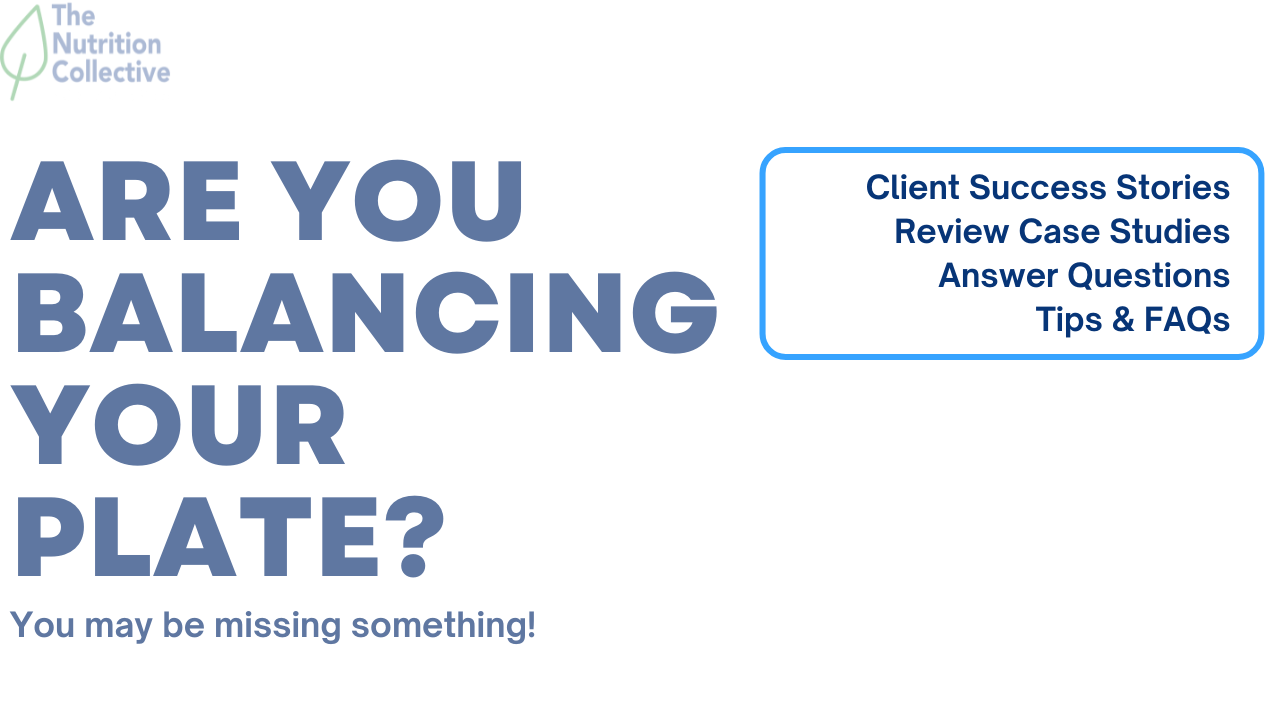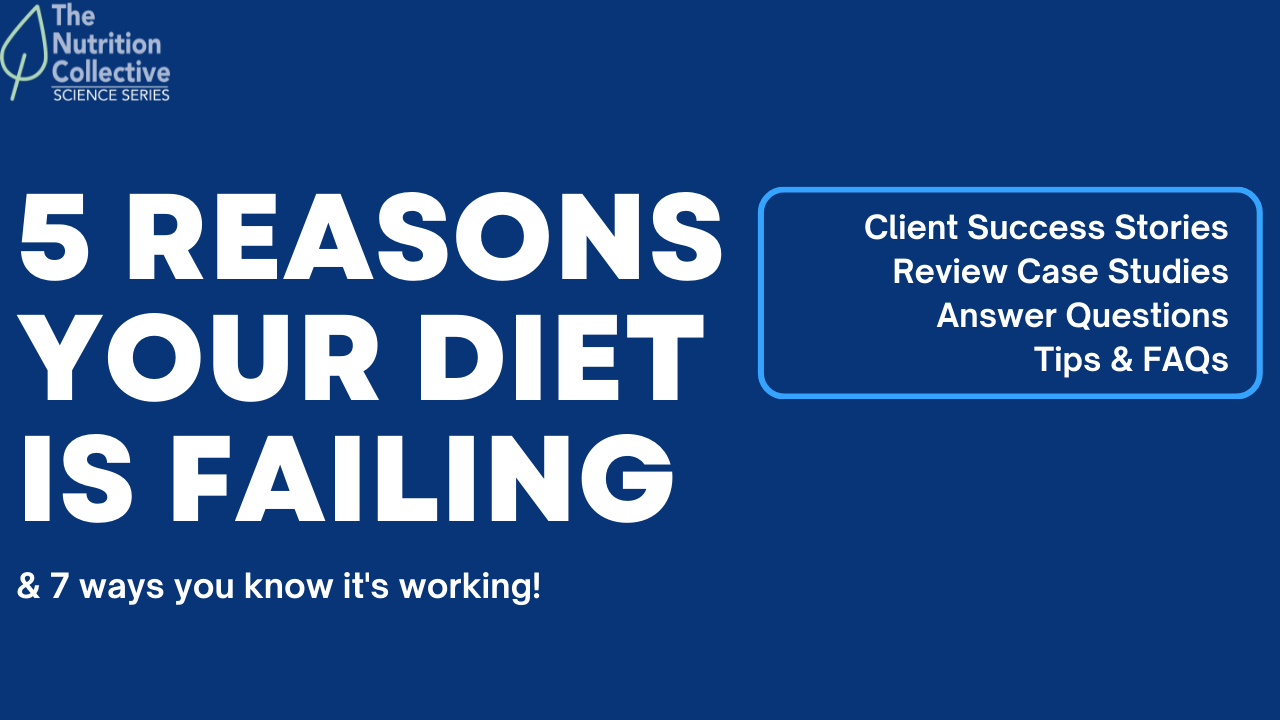When it comes to supplements, there is a lot of information – and misinformation – out there. It can be hard to know what you need to know in order to make an informed decision about whether or not supplements are right for you. In this blog post, we will explore the truth about dietary supplements and discuss some things you need to keep in mind when making your decision. We will also examine how third-party testing can help you feel confident in your chosen supplements.
What is a dietary supplement?
A dietary supplement is a product taken by mouth that contains a “nutrient” or “nutrients” intended to supplement the diet. This includes vitamins, minerals, herbs, and other botanicals, amino acids, and substances such as enzymes, organ tissues, glandular, and metabolites. Dietary supplements can also be extracts or concentrates and can be found in many forms, including tablets, capsules, powders, drinks, and bars.
What is included in supplements?
In order to be classified as a dietary supplement, a product must contain one or more of the following: a vitamin, mineral, herb, other botanical, amino acid, or concentrate. However, products that are labeled as supplements do not have to meet the same strict standards as drugs – which means that supplements can include ingredients that are not necessarily beneficial to your health. This is why it is important to do your research before choosing a supplement and to look for products that have been third-party tested.
Are supplements regulated?
The Dietary Supplement Health and Education Act of 1994 (DSHEA) was passed in order to provide some regulation of supplements. This act requires that all dietary supplements be labeled as such and that they meet certain safety standards. However, it does not require supplements to be tested before they are marketed, which means that there is no guarantee of the quality or safety of these products. This is why it is important to do your research before choosing a supplement and to look for products that have been third-party tested.
Why are supplements not regulated?
The dietary supplement industry is a multi-billion dollar business, and as such, it has a lot of lobbying power. The major supplement companies do not want to be subject to the same regulations as drugs, and they have successfully convinced the public that the FDA should not have control over what we put in our bodies. This is why it is important to do your research before choosing a supplement and to look for products that have been third-party tested.
Third-Party Testing
When looking for a dietary supplement, it is important to look for third-party testing. This means that the product has been tested by an independent company rather than the manufacturer. This can help you feel confident in the quality and safety of the supplements you choose. Good organizations include the United States Pharmacopeia (USP), ConsumerLab, and NSF International.
Our Favorite Third-Party Tested Supplements:
1. Nature Made
Nature Made supplements are third-party tested and come in a variety of forms, including tablets, soft gels, liquids, and powders. They also offer a wide range of supplements, including vitamins, minerals, herbs, and omega-fatty acids.
Kirkland Signature is produced by Costco and is third-party tested. They are generally very budget-friendly and have a wide range of supplements available, including vitamins, minerals, and fish oils.
3. Ritual
Ritual is a newer company that produces supplements that are third-party tested. They only have a few supplements available at this time, but they are all high quality and made with clean ingredients.
4. Trunature
Trunature is a brand that is owned by Walmart. All of their supplements are third-party tested and the company is focused on providing supplements that are affordable and accessible to everyone.
5. Vitafusion
Vitafusion is a brand that produces supplements that are third-party tested and made with natural ingredients. They have supplements available for both adults and children.
Our Recommendations:
When it comes to supplements, we recommend that you look for products that have been third-party tested. This means that the product has been independently tested by a company other than the manufacturer. This can help you feel confident in the quality and safety of the supplement.
Additionally, we recommend that you use supplements with caution. Ask your doctor or dietitian about which supplements you should be taking before you start taking any. Certain supplements can interact poorly with other supplements, nutrients, or ingredients. For example, zinc supplements can affect the absorption of copper, and calcium supplements can interfere with the absorption of iron.
And finally, remember that protein powder and powdered greens are also supplements. Make sure to check for third-party testing on these products. They should also not be used as a replacement for whole foods and should only be taken in moderation.
A Word of Caution
Supplements aren’t something that we should be experimenting with without guidance and prescription. We only recommend supplements to those who have been cleared by a health professional. As we mentioned above, do your research, talk to a doctor if you’re unsure, and start slow when incorporating supplements into your routine. With the right guidance, supplements can be a great addition to a healthy diet, but they should never be used as a replacement for real food.
Foods First Approach
At the end of the day, we believe in a “foods first” approach to supplements. We think that supplements should only be used as an addition to a healthy diet, not as a replacement for real food. When you focus on eating nutrient-rich whole foods, you don’t need to worry about taking supplements. And if you are looking for supplements to support your health, we recommend talking to a doctor or dietitian who can help you create a supplement plan that is right for you.
All In All…
Third-party tested supplements are the best way to ensure you’re getting what you expect. Do your research on which companies have good reputations and read customer reviews before making a purchase. Finally, always try to incorporate whole foods into your diet whenever possible instead of relying solely on supplements; they should be used as additions to a healthy diet, not replacements.







